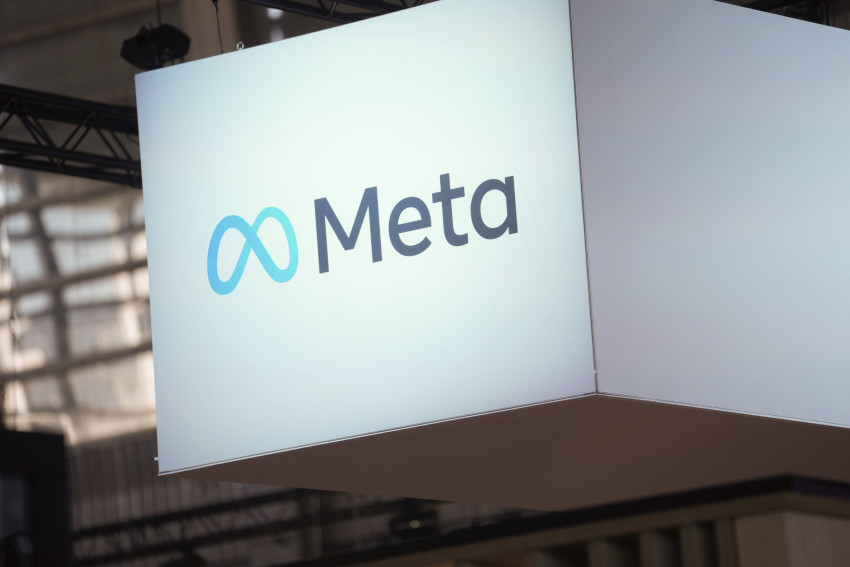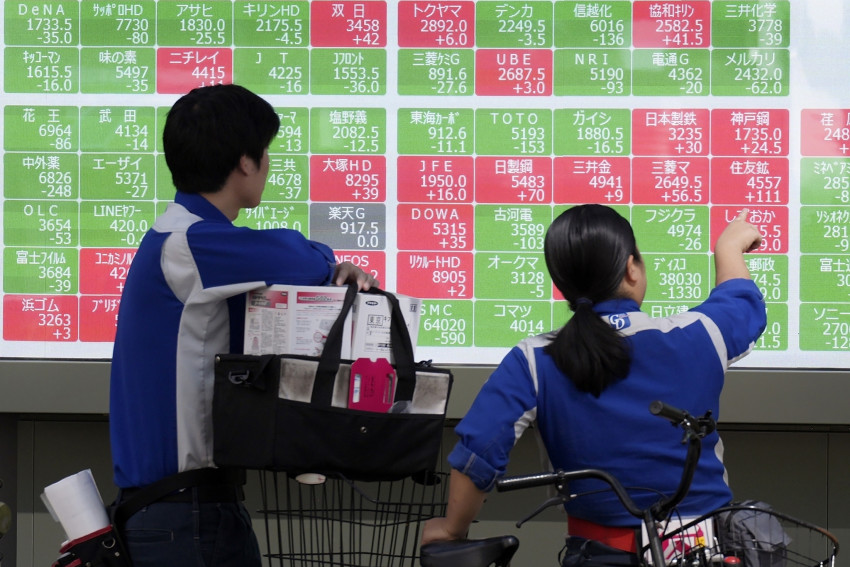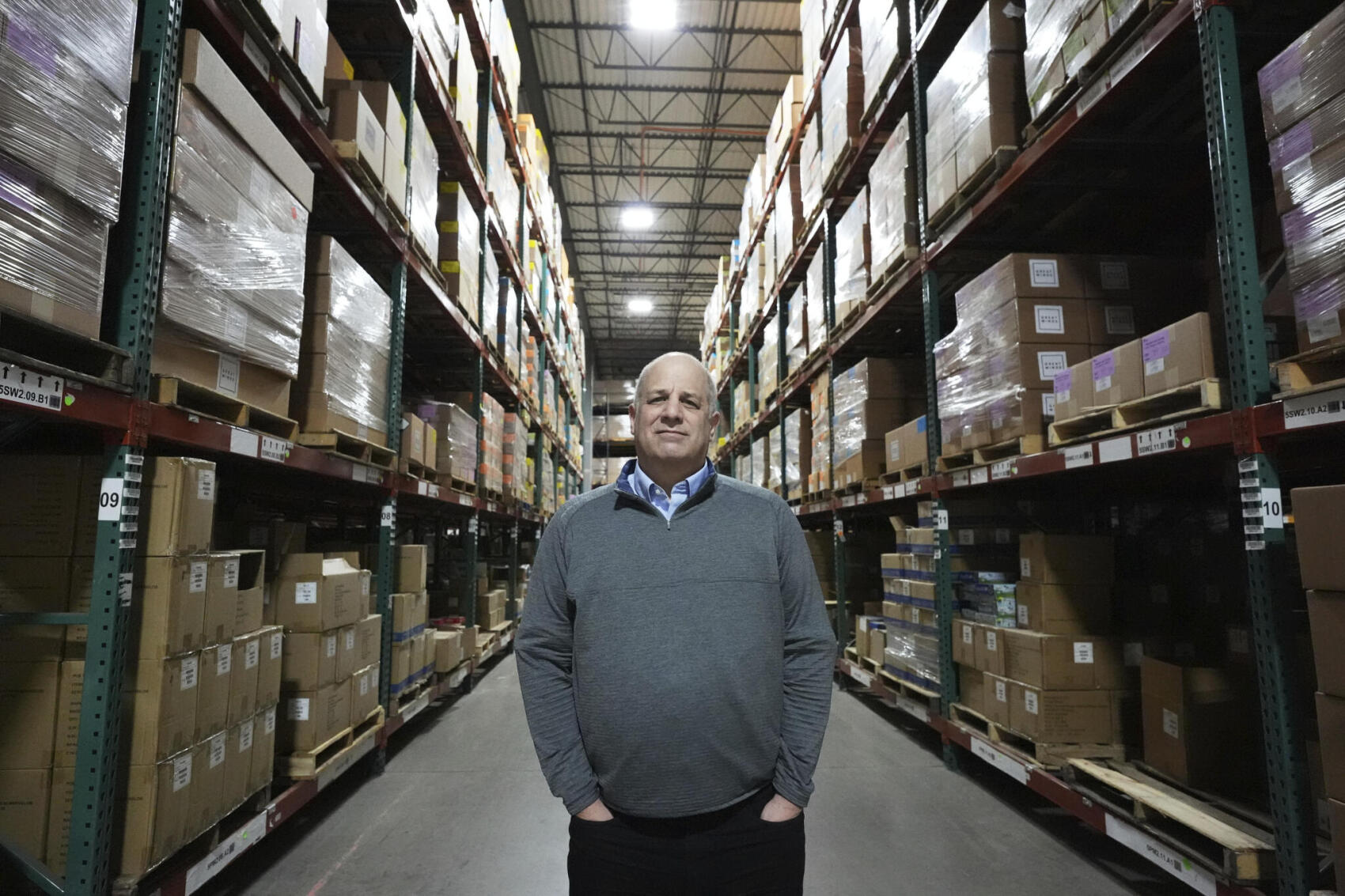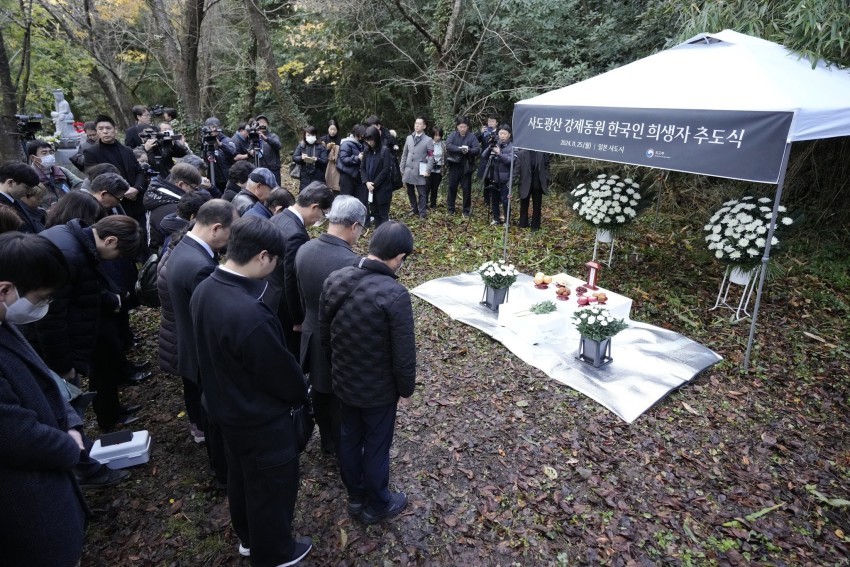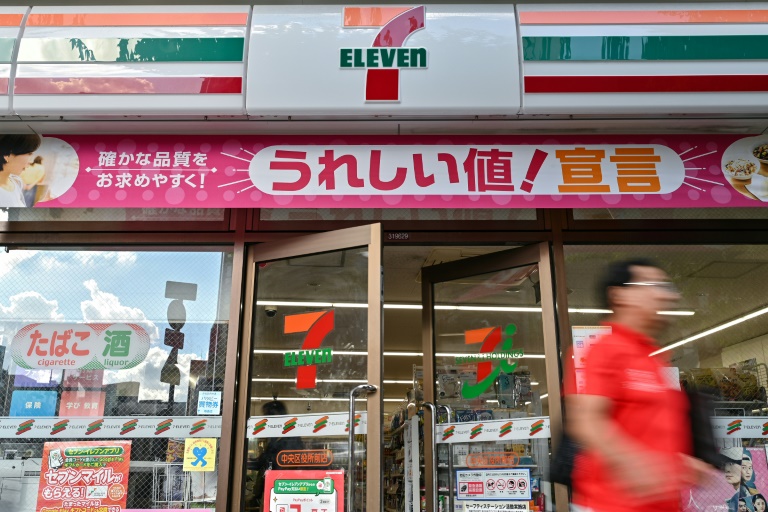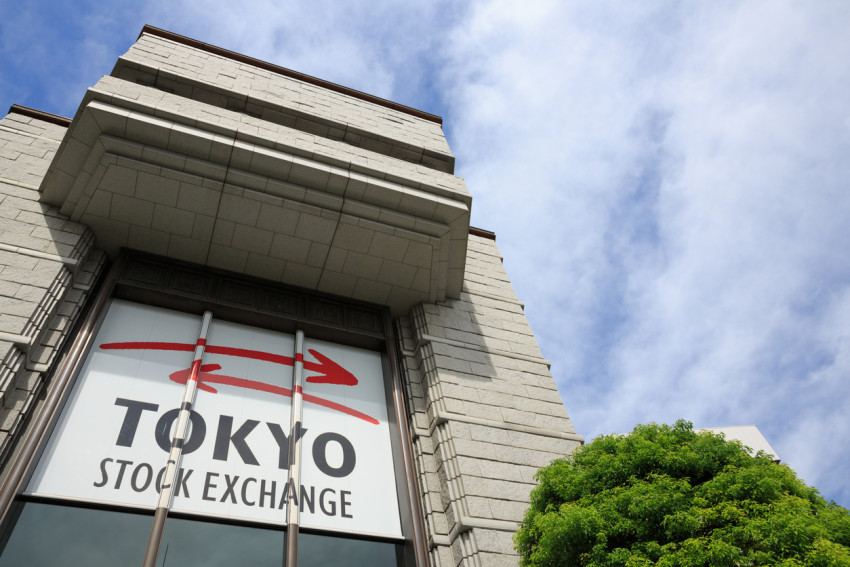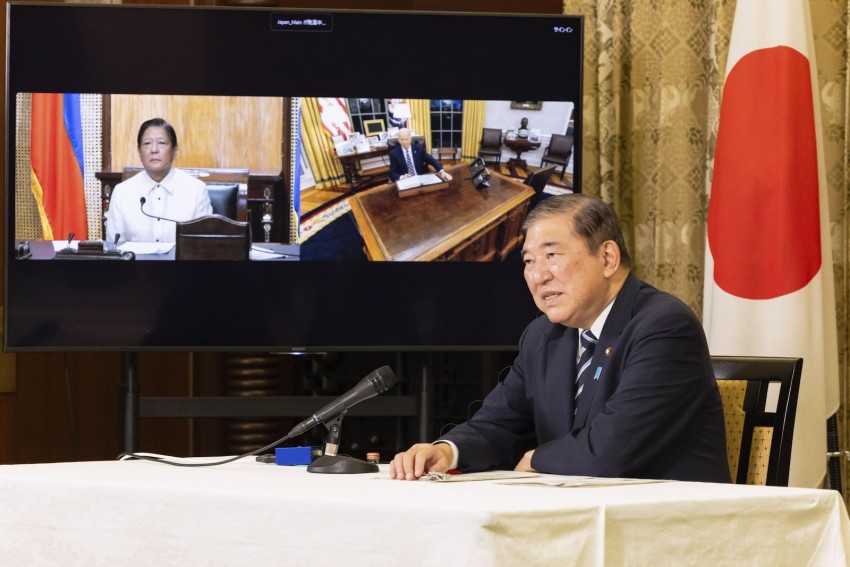South Korea fines Meta for illegal collection of user data
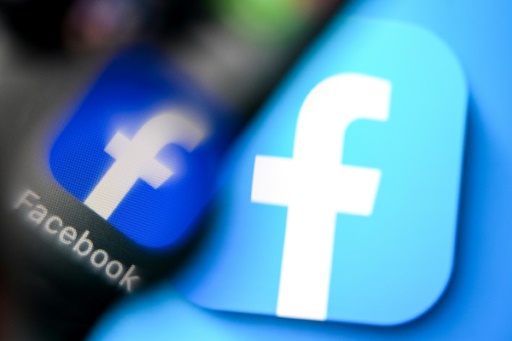
U.S. tech giant Meta illegally harvested sensitive data including on sexual orientation from nearly a million South Korean Facebook users and shared it with advertisers, Seoul's data watchdog said Tuesday.
The firm, which also owns Instagram, violated South Korean laws prohibiting the use of information on political opinions, religious beliefs and people's sex life unless the individual provides explicit consent, Seoul's Personal Information Protection Commission said.
The tech giant collected sensitive information from around 980,000 domestic users in South Korea through their Facebook profiles, including details about their religious beliefs and whether they are in a same-sex relationship.
Meta "analyzed user behavior data, including pages liked and ads clicked on Facebook", to create and implement targeted advertising related to "sensitive themes" such as transgender issues, homosexuality and North Korean defectors, officials said.
The watchdog said it had confirmed that such information was provided to advertisers by Meta, with around 4,000 advertisers using it.
The commission said Tuesday it had decided to fine Meta 21.6 billion won ($15.6 million).
Meta told AFP that it would "carefully review the decision document once we receive it."
The South Korean watchdog said it had "also ordered the company to establish legal grounds for processing sensitive information, implement safety measures, and respond diligently to users' requests for access to their personal data".
The decision is "significant in that they ensure that foreign operators providing global services must comply with the obligations set forth in (South Korea's) Protection Act regarding the processing of sensitive information".
Experts said that Meta's violation of personal information laws could reflect a growing demand to better identify and target LGBTQ-related markets.
Despite the existing legal barriers, "LGBT partnerships are increasingly common in South Korea, and they are also increasingly accepted by the society," Vladimir Tikhonov, professor of Korea studies at the University of Oslo, told AFP.
"It is a niche market, but it grows fast," he added.
Same-sex marriage is not legally recognized in the South, and activists have long emphasized the need for legislation outlawing discrimination on the basis of sexual orientation.
Around a quarter of South Korea's population identifies as Christian and there has been vocal opposition to any recognition of same-sex marriage from such groups, purportedly on religious grounds.
But the LGBTQ community in the country scored a legal victory in July when a court ruled that it was discriminatory for state health insurers to treat same-sex couples differently from heterosexual common law couples, who are allowed joint coverage.
Advocates say the Supreme Court's verdict could eventually pave the way for a law allowing same-sex unions in the country.


